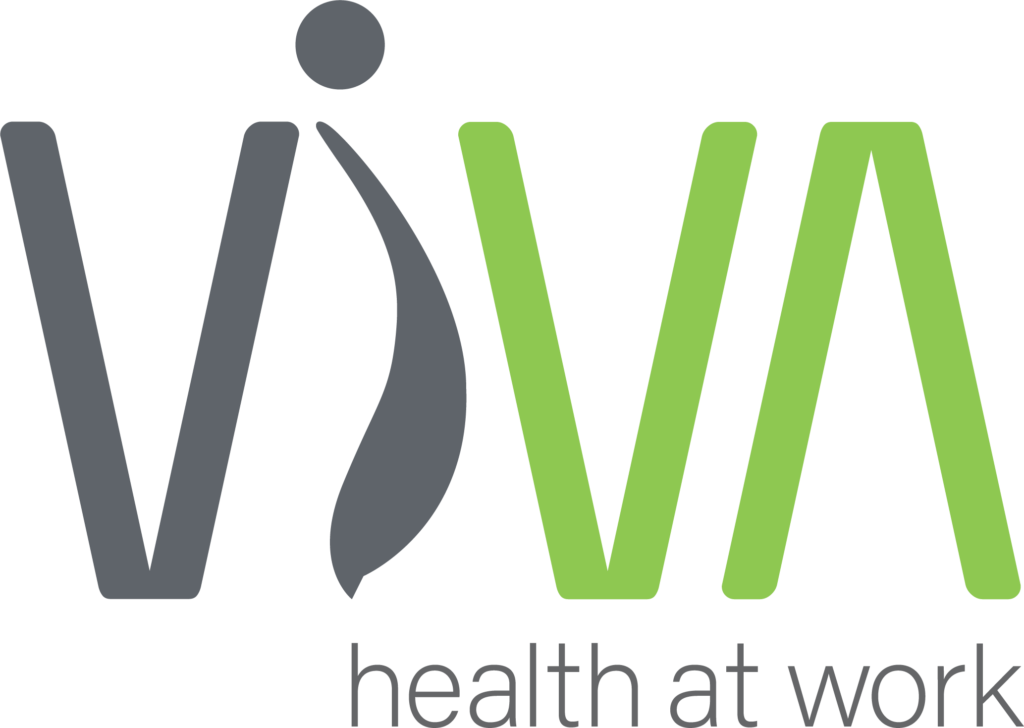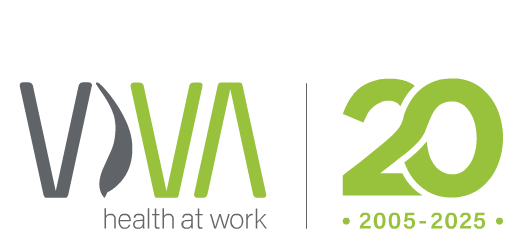Return to Office Mandates - Flexible Hybrid Schedules
ViVA advised on company strategy to navigate a successful return-to-work with flexible, hybrid work policies.
PROJECT LEAD
PROJECT TEAM
Solo
PARTNERED WITH
In-house
Context
The return-to-office requirements following the COVID-19 pandemic reflect shifts in workplace expectations, organisational policies, and employee well-being considerations. Many organisations have adopted hybrid work models to blend the flexibility of remote work with the advantages of in-office collaboration. This is thought to balance employee preferences for remote work—often associated with improved work-life balance and reduced commute stress—with the benefits of in-person engagement, fostering teamwork, social connection, and problem-solving.
Challenge
A national healthcare association and education provider reported complications in supporting their employee’s return to work in a flexible, hybrid work scenario following the employee’s complaints of aggravated low back pain when at work. The employer previously funded multiple external provider ergonomic workstation assessments to support the employee, whose focus was on biomechanical considerations, but they’d made no progress on assisting the employee to return to their office per new policies.
Approach
The ViVA assessor conducted a desktop review of clinical and ergonomic workstation assessment reports to critically analyse and synthesise these findings with scientific literature, standards, and guidance materials. Following this, the ViVA assessor conducted a virtual remote assessment of the employee at home. The synthesis of these materials enabled ViVA to advise the organisation on defensible strategies to support the employee’s health needs while meeting their company obligations.
Outcomes
ViVA crafted the short-term and mid-term strategies to guide the employer’s navigation of an employee’s successful return-to-work while meeting company policies on flexible, hybrid work practices requiring occasional in-office team work.

